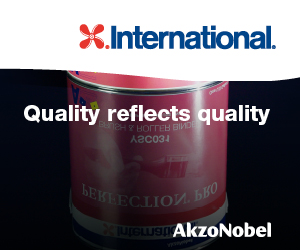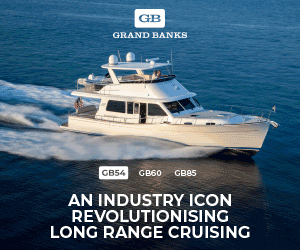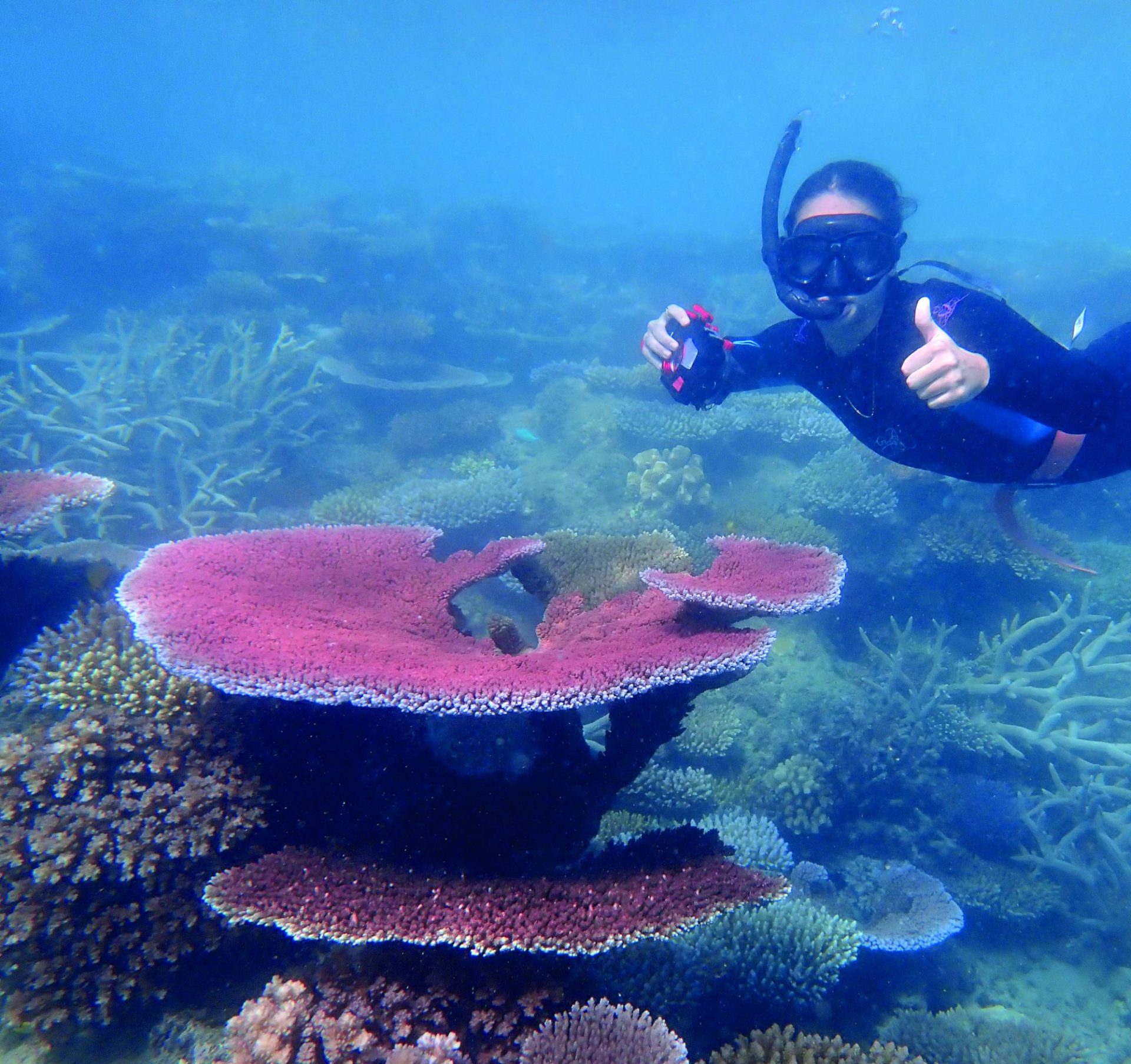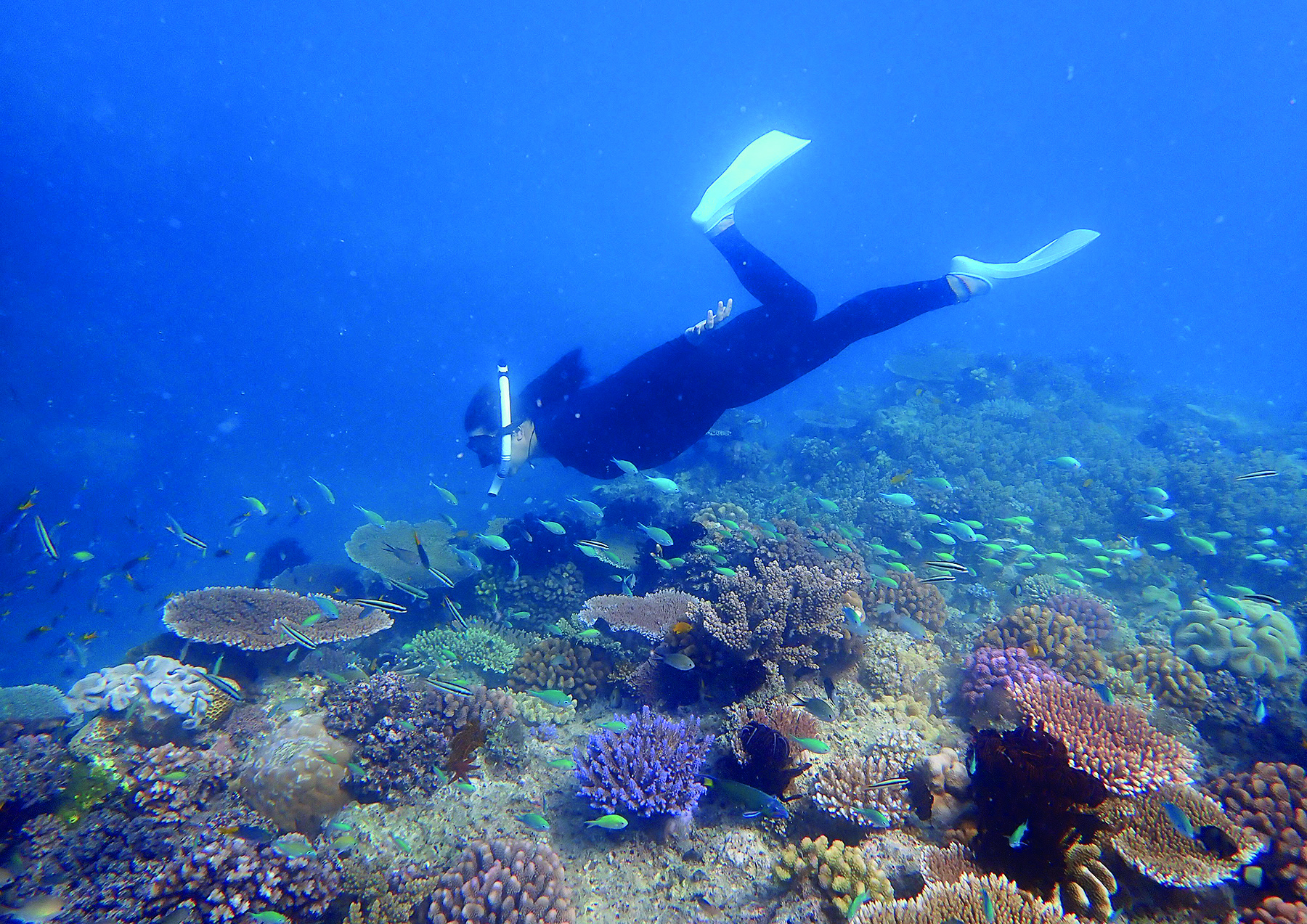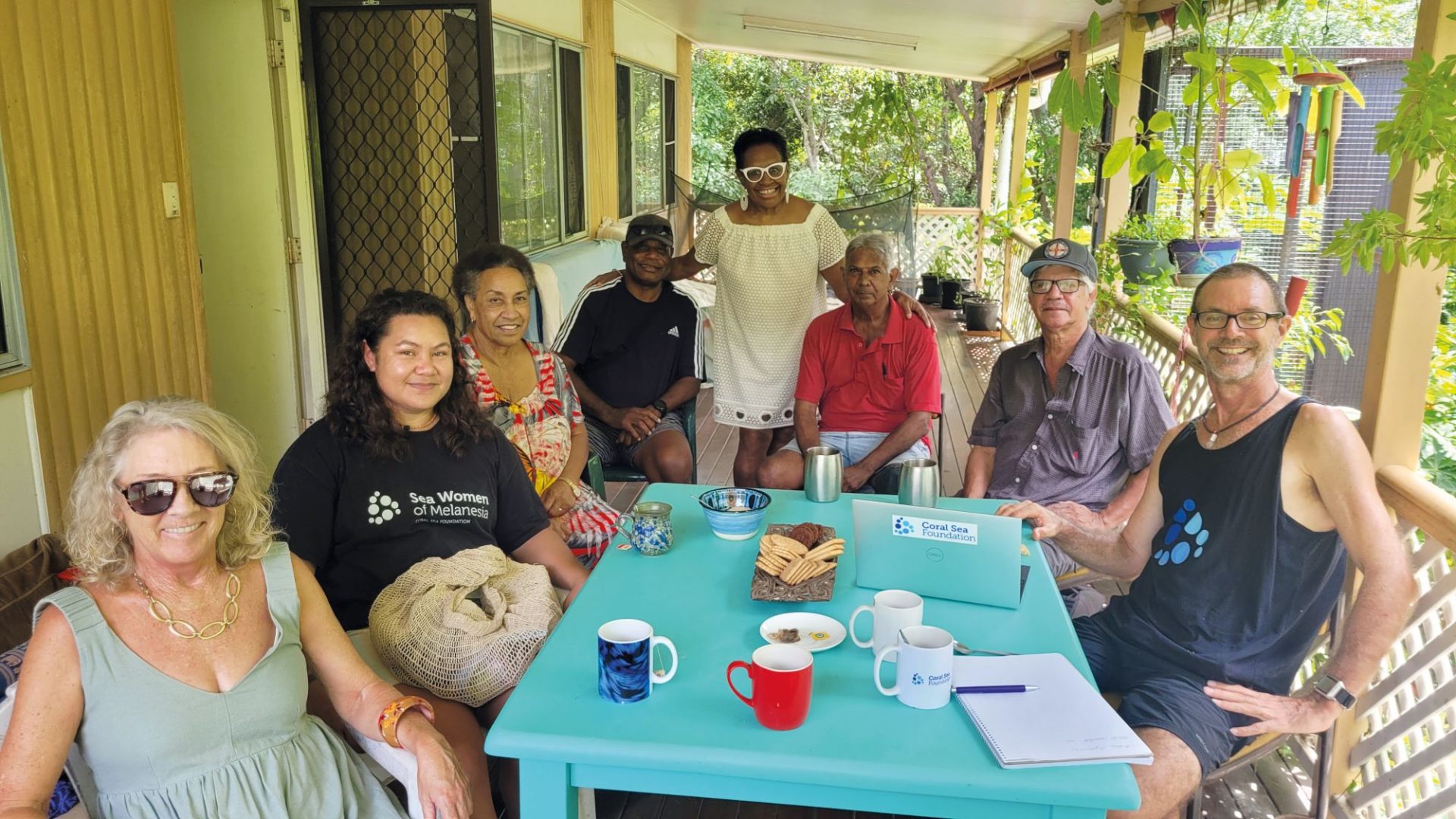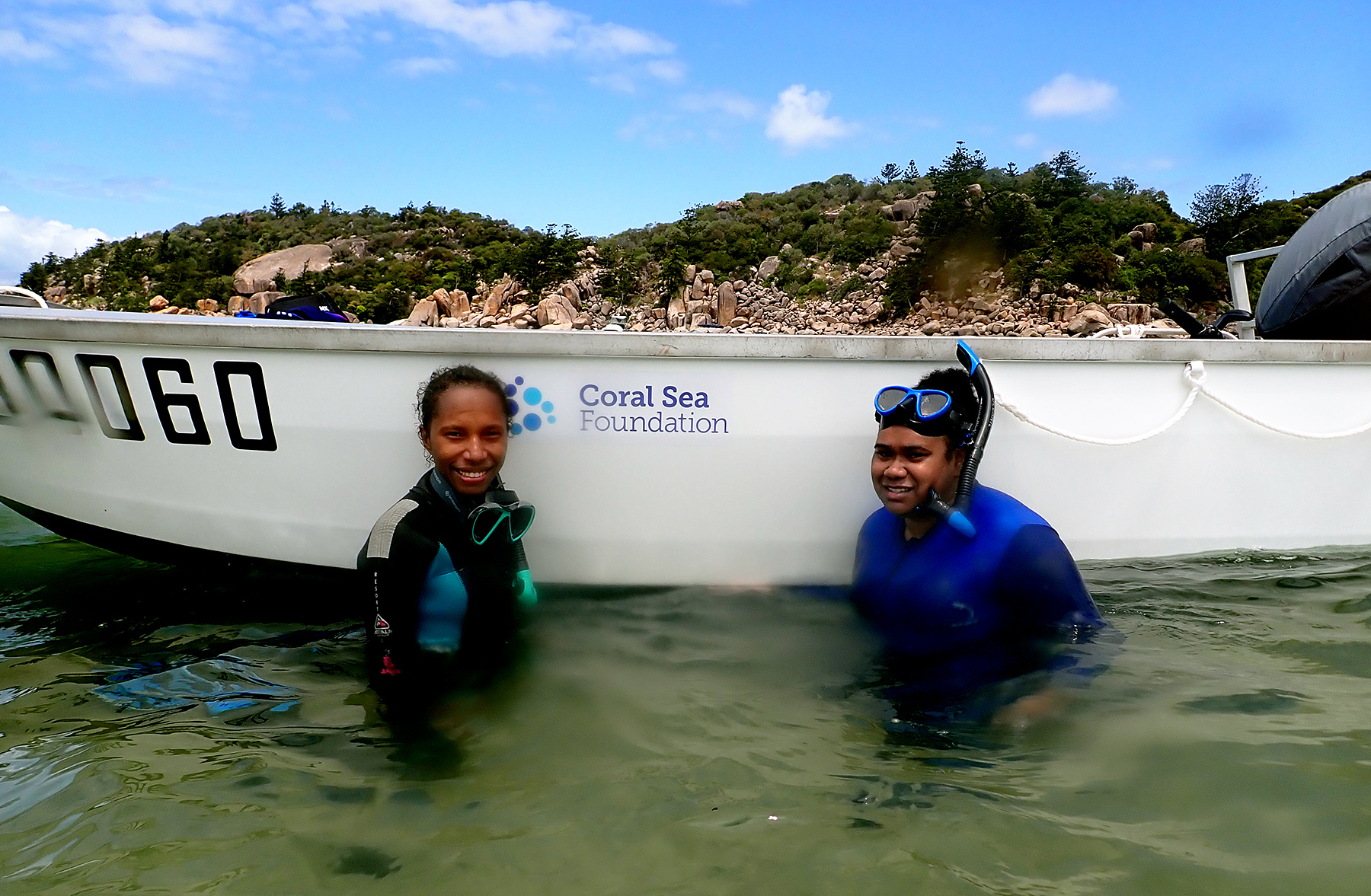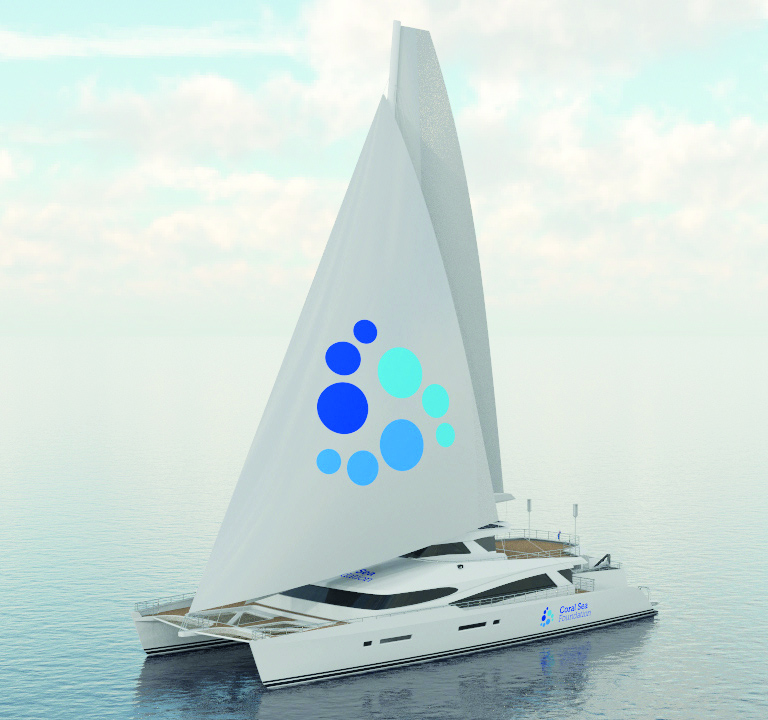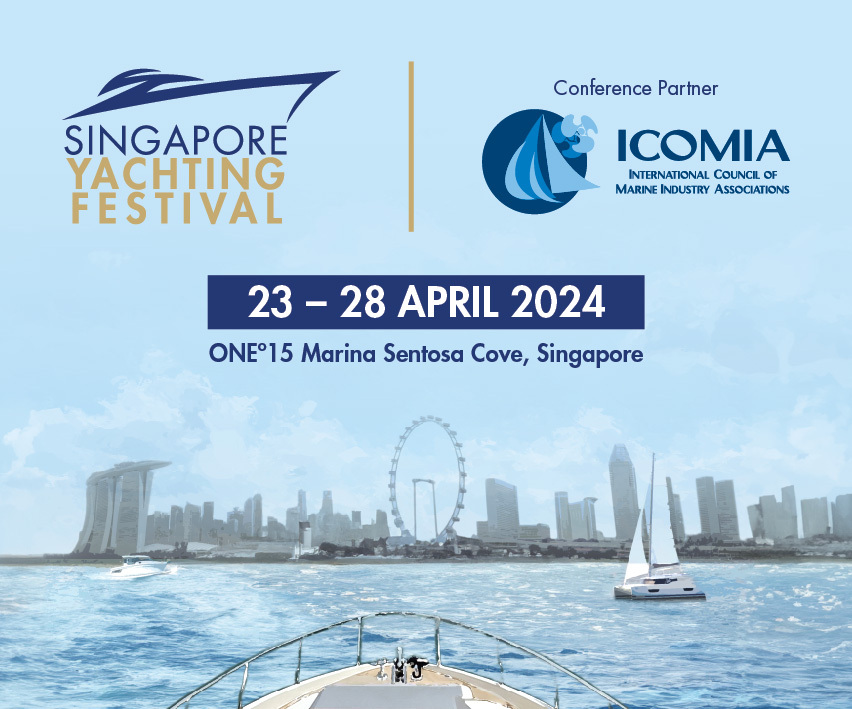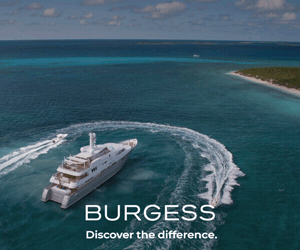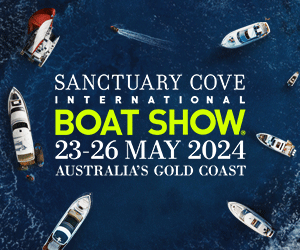Sea sisters
First Nations women are in training to lead conservation efforts around the Coral Sea arc. With the aim of preserving local marine environments while raising their collective voices, Jeni Bone reports their efforts will also benefit the global community.
09 March 2023
The Seawomen of Melanesia initiative began in 2016, equipping women in Papua New Guinea (PNG) and Solomon Islands with the training, skills, equipment and resources needed to take an active role in helping Indigenous communities in their regions manage marine-protected areas.
It has proven highly successful and, building on that success, the Coral Sea Foundation and its partners are now supporting the Sea Women Great Barrier Reef (GBR) program.
The aim, explains Coral Sea Foundation Executive Director Dr Andy Lewis, is two-fold. “We want to equip Indigenous women with the skills they need to work in the conservation of their marine environments, and bring together women from the Torres Strait, Papua New Guinea and Queensland’s First Nations communities to network.”
The Sea Women of Melanesia program has grown over the past five years, with 30 women across Papua New Guinea and Solomon Islands training in reef survey techniques, and more than 20 new marine reserve areas proposed in those regions.
It has also been incorporated as a not-for-profit association in PNG, with eight full-time staff and offices in Port Moresby, Kimbe and Alotau.
The program’s success and the outstanding work of the Indigenous female leaders have been recognised at the highest international levels, earning them a United Nations Champions of the Earth Award in the Inspiration and Action category in 2021. The program was also awarded the 2021 Blue Marine Foundation Ocean Award and the Ocean Tribute Award 2020, sponsored by the Prince Albert II of Monaco Foundation.
“Educate a woman and she will empower her community,” states Dr Lewis.
“Over tens of thousands of years, First Nations peoples have developed deep cultural and spiritual connections to the sea and the coral reef ecosystems, as well as using the ocean for their food and livelihoods. As a species, our survival is tied to the sea; that’s why our core message is that these reef systems are too precious to lose.
“The world’s population,” he continues, “is forecast to reach nine billion by 2050, and the ocean will need to be well managed to help supply food to those people. If it’s overfished or collapses, it can’t do that.”
In addition, at least half the earth’s oxygen comes from the ocean, while phytoplankton, microscopic marine algae and bacteria absorb as much carbon as all the plants and trees on land combined.
“First Nations women are under-represented in marine science and conservation,” adds Dr Lewis. “In keeping with the United Nation’s Sustainable Development goals of empowering women and girls, the Sea Women programs focus on equipping Indigenous women with the advanced level of practical marine science training and skills they need to be actively involved in marine conservation and the sustainable management of their marine resources.”
The Coral Sea Foundation initiated the Sea Women Great Barrier Reef program in April 2022 in response to requests from Indigenous groups along the Queensland coast for more training opportunities for their emerging female leaders.
“We also wanted to foster networking between Indigenous women in Papua New Guinea and their Australian counterparts,” says Dr Lewis.
Two current participants of the GBR program are Naomi Longa and Shanice Havili. Born into a fishing family in Papua New Guinea, Longa has been fascinated by the sea since childhood, and her ambition was always to study marine science. “My dad was a great fisherman, so the sea has always been part of my life,” she enthuses. “This is a way to gain new skills and apply them in my own environment.”
Havili is from Zenadth Kes (Torres Strait). After leaving school she worked as a ranger, responsible for land and sea management and conservation. “When the opportunity came up, I jumped at it,” she says.
“We rely on the sea – I want to do my part to help conserve the sea, the reef and marine life.
“Most islands in the Torres Strait rely on commercial fishing – rock lobsters, prawns, fish and crabs – as the major source of income and food.”
The islands of the Torres Strait are on the front line of the climate crisis. King tides, erosion, inundation and coral bleaching threaten the homes, cultures and livelihoods of Torres Strait Islander peoples. In September 2022, Torres Strait Islanders won a historic legal battle against the Australian Government.
Eight claimants, known as the #TorresStrait8, took a human rights complaint to the Human Rights Committee of the United Nations over the Australian Government’s inaction on climate change. The complaint is the first legal action brought by climate-vulnerable inhabitants of low-lying islands against a nation-state, and the decision has set several ground-breaking precedents for international human rights law.
“First Nations peoples look after 80 percent of the world’s biodiversity yet make up less than 5 percent of the population,” says Dr Lewis.
“Indigenous communities are experiencing the impact of rising sea levels, ocean acidification and depleted fish stocks – we must hear and heed their voices.”
In November 2022, the Sea Women GBR will welcome five more women from PNG and Queensland coastal communities, and the program will continue to roll out until Christmas.
“Magnetic Island is an ideal location – close to a regional city and airport, it has all modern services, including several dive shops, and well-developed fringing coral reefs that are easy to access,” says Dr Lewis.
“Over the next 12 months, we’ll significantly boost the scope of our Sea Women Great Barrier Reef training program.
“Supported by our marine science team and our vessel fleet, we’ll deliver a series of six-week marine science and conservation intensive courses at Magnetic Island and the nearby areas of the Great Barrier Reef.”
Training includes first aid and Rescue Diver certification; a Queensland Recreational Shipmaster licence; the ability to identify reef fishes and corals and perform the Foundation’s Locally Managed Marine Area Survey Method; training on Olympus TG6 geotagging camera systems; site selection and maritime navigation; expedition planning; and Indigenous community engagement and leadership.
Grants, fundraising and sponsorships make it all possible. Sponsors include Sobah Brewing, who make a zero-alcohol beer called Tropical Lager Coral’ation (a recent fundraiser collab with the Good Beer Co raised AU$25,000 for the project); and Sarah and Sebastian jewellery, co-owned by an avid diver who has committed a portion of sales from the sea-inspired Xanthe Collection toward the program.
The final word belongs to Tishiko King, a proud Kulkalaig woman from the Island of Masig, Kulkalgal Nation of Zenadth Kes (Torres Strait), Director of First Nations Engagement at the Coral Sea Foundation. King took part in the first Sea Women Great Barrier Reef expedition to Jiigurru (Lizard Island) in July 2022.
“It’s amazing to come together and stand shoulder to shoulder with my First Nations sisters,” she says. “As a saltwater woman, I feel deeply connected to the ocean.
“Globally, First Nations women play a pivotal role in their communities, their villages and their countries, tending and caring for the ocean and land, not owning but belonging to their environments.
“It’s incredible to be able to empower and inspire our communities, to bring our peoples together and practise our traditional knowledge so we can safeguard the future of all people.”
Get on board
Crucial to the evolution of the visionary work of the Coral Sea Foundation is the acquisition of a sailing catamaran. A fully equipped vessel will directly support their marine science and conservation initiatives around the Coral Sea arc – the Great Barrier Reef, the Coral Sea and the eastern Coral Triangle biodiversity hotspots in Papua New Guinea and Solomon Islands.
In August 2022, the Coral Sea Foundation’s US partners at the Hughes Charitable Foundation offered a matched funding grant of US$400,000 (AU$575,000) toward the vessel purchase cost.
The Coral Sea Foundation now has just one year to raise the US$400,000 required to secure the matched funding from Hughes Charitable Foundation, with the total of US$800,000 going toward vessel acquisition.
Potential partners are invited to support the Coral Sea Foundation with a pledge of funds to help them reach their target of US$400,000 and secure a new expedition vessel. The Sea Women GBR program attracts strong interest from Indigenous groups and corporate and philanthropic partners, while Magnetic Island provides world-class, dive-training facilities and nearshore coral reefs.
Training operations are currently supported by a 15-foot open dinghy, limiting training to two or three people at a time and precluding access to the main Great Barrier Reef, which is around 40 nautical miles further offshore.
A modern sailing catamaran in the 45- to 60-foot range with accommodation for up to eight people would boost operational capability and substantially improve effectiveness in terms of the number of women trained and their skill levels.
The trainees would gain experience in vessel handling, navigation, site selection, weather assessment and living at sea – all vital skills for their future maritime conservation work across the Coral Sea arc. Acting as a mobile training base, the vessel would also considerably broaden the geographic scope of operations.
Trainees would therefore gain exposure to working in a wide variety of reef habitats, strengthening their capability and fostering new regional connections.
A further advantage would be the enhanced visibility of the Coral Sea Foundation, its Sea Women programs and supporting partners. Donations from Australia and the US can be made via a fiscal partner for tax-deduction purposes.
Presidential treatment


